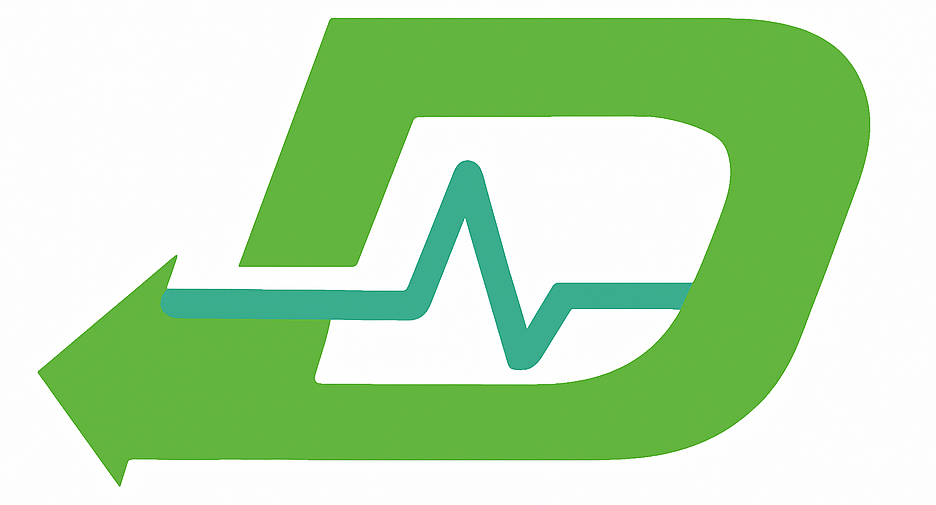Things to Consider Before Taking (or Prescribing) Non-Steroidal Anti-Inflammatory Drugs (NSAIDs)
For decades, non-steroidal anti-inflammatory drugs (NSAIDs) have been the cornerstone of pain management for arthritic conditions and several other types of musculoskeletal pain. These drugs are also frequently used to relieve symptoms of headaches, painful periods, colds, and flu. The term nonsteroidal distinguishes NSAIDs from glucocorticoids (steroids), which are potent drugs used to treat numerous inflammatory … Read more
